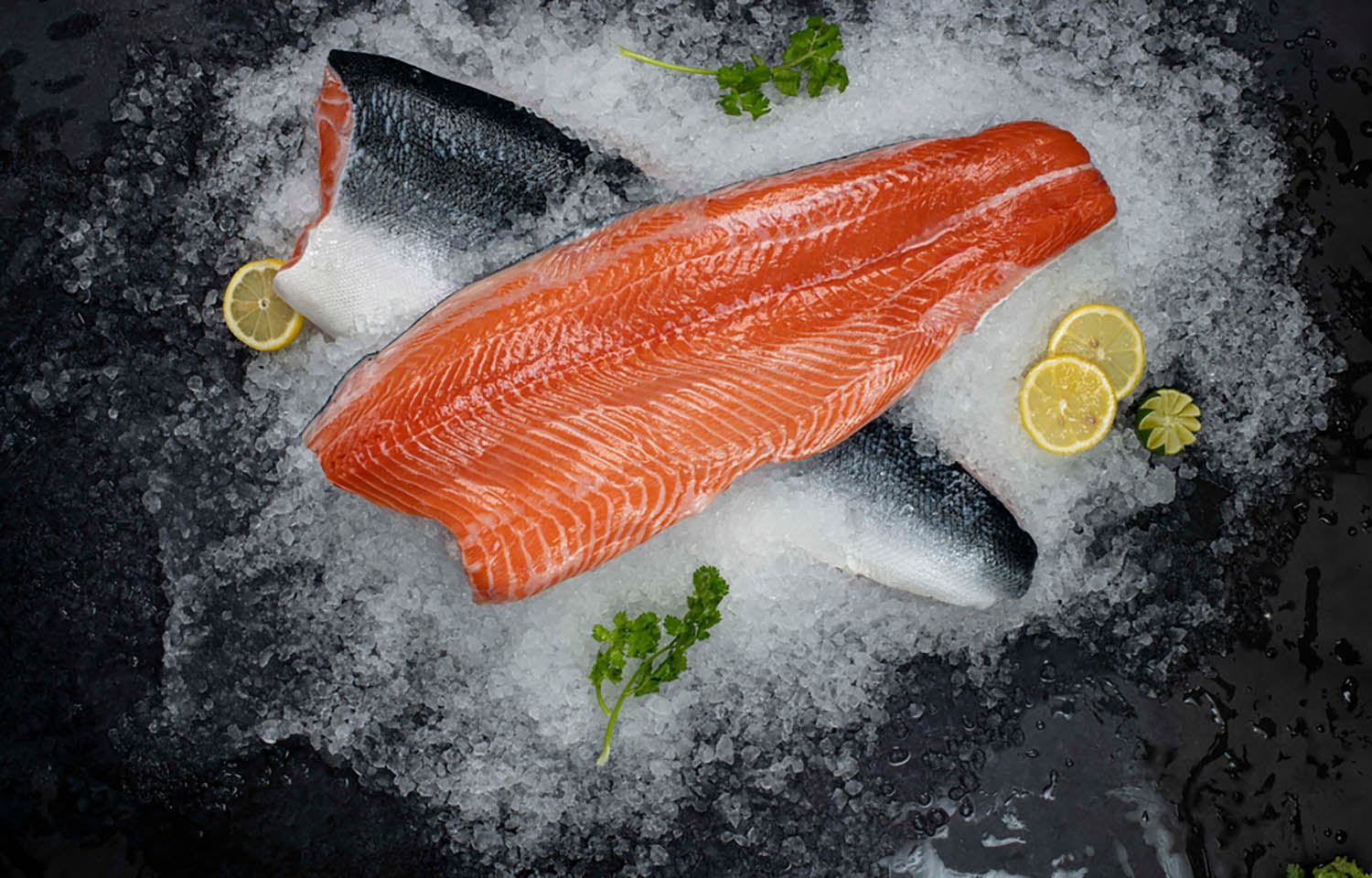European Union member nations must ensure that trade and fisheries agreements established with Norway do not impede on the competitiveness of E.U. processing services and fishery products, according to the Brussels, Belgium-based Market Advisory Council (MAC).
Co-funded by the E.U. and comprising organizations representing the seafood value chain, as well as other interest groups, MAC provides advice to the European Commission concerning fishery and aquaculture products.
While the E.U. and Norway have maintained longstanding seafood trade relations, action is required to ensure there’s more of a level playing field regarding the access Norwegian fishery and aquaculture products have to the E.U. market, it said.
The E.U.-Norway seafood trade relationship is influenced by a series of agreements, specifically the European Economic Area (EEA)’s Financial Mechanism and the Norwegian Financial Mechanism, as well as three E.U.-Norway fisheries agreements.
MAC Secretary General Pedro Reis Santos told SeafoodSource that Norway took a particularly ambitious position during the course of recent negotiations, calling for a full liberalization of market access for its fishery and aquaculture products into the E.U. market.
This would result in nearly unfettered access to the E.U. market, placing companies located within the bloc at a disadvantage, according to Reis Santos.
The Norwegian salmon industry is taking advantage of the trading relationship between Norway and the E.U. by exporting production-grade salmon in processed formats, which has been the subject of complaints from the EU Salmon Processors Union. MAC said the practice of Norway exported processed production fish to Europe has reached unprecedented levels.
Norwegian law prohibits the export of whole production-grade salmon with minor defects like wounds, deformities, or processing errors detected during inspection, but correcting defects at processing facilities in Norway allows the fish to be considered a fillet product eligible for export to the E.U. and other markets.
Thus far in 2024, production-grade salmon has accounted for over 35 percent of Norway’s farmed Atlantic salmon output, compared with 4 to 6 percent in the previous two years. Fillets made from production-grade salmon compete directly in E.U. markets with fillets produced locally from superior- or ordinary-grade salmon, according to MAC.
In July, the price difference between Norwegian and E.U. supply chains ranged between EUR 4.30 and EUR 4.50 (USD 4.70 to USD 4.92) per kilogram – a 30 percent discrepancy for fillets in favor of Norway-processed fish.
“With the upcoming increase in duty-free access to Norwegian smoked salmon, the competitiveness of the E.U. processing industry is expected to decrease even more,” Santos said.
MAC has urged the European Commission to begin product inspections of Norwegian salmon both at origin and at arrival in the bloc. If Norway continues its current behavior, the E.U. should consider introducing taxes on imports of fillets derived from these fish, it said.
This is just one instance of Norway taking advantage of the system in place, according to Santos, citing ...








